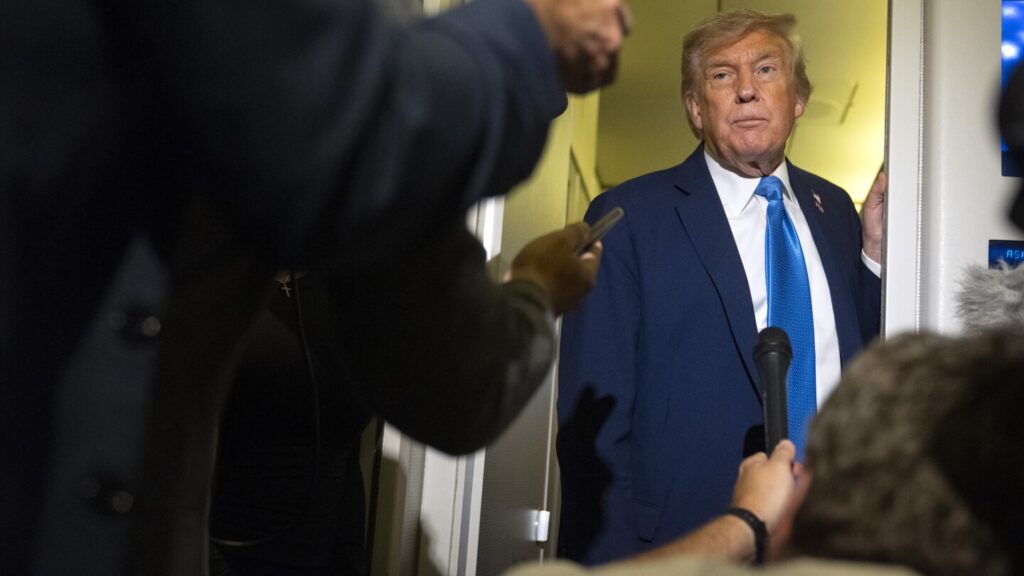President Donald Trump’s latest remarks on the Israel-Iran conflict have sparked intense debate and speculation. Trump revealed that the U.S. knows the whereabouts of Iran’s Supreme Leader Ayatollah Ali Khamenei but has refrained from taking action against him. Amid escalating tensions, Trump called for Iran’s “UNCONDITIONAL SURRENDER” and emphasized the need to protect civilians and American soldiers. Despite rejecting a plan by Israel to eliminate Khamenei, the White House’s opposition was driven by concerns over further destabilizing the region.
As Trump navigates this critical juncture in his presidency, the possibility of deeper American involvement in the conflict looms large. Israel’s aggressive offensive against Iranian targets, including nuclear facilities, has intensified the pressure on Trump to consider more direct military support. The situation is further complicated by conflicting assessments of Iran’s nuclear ambitions, with Trump advocating for a decisive resolution to Tehran’s nuclear program.
Amidst growing calls for action, Trump faces internal dissent within his own supporters, with some cautioning against expanded U.S. engagement in the Middle East. Notable figures like Tucker Carlson and Rep. Marjorie Taylor Greene have raised concerns about the potential consequences of heightened involvement. As Trump weighs his options, the debate over the best course of action continues to unfold, shaping the trajectory of U.S. foreign policy in the region.

